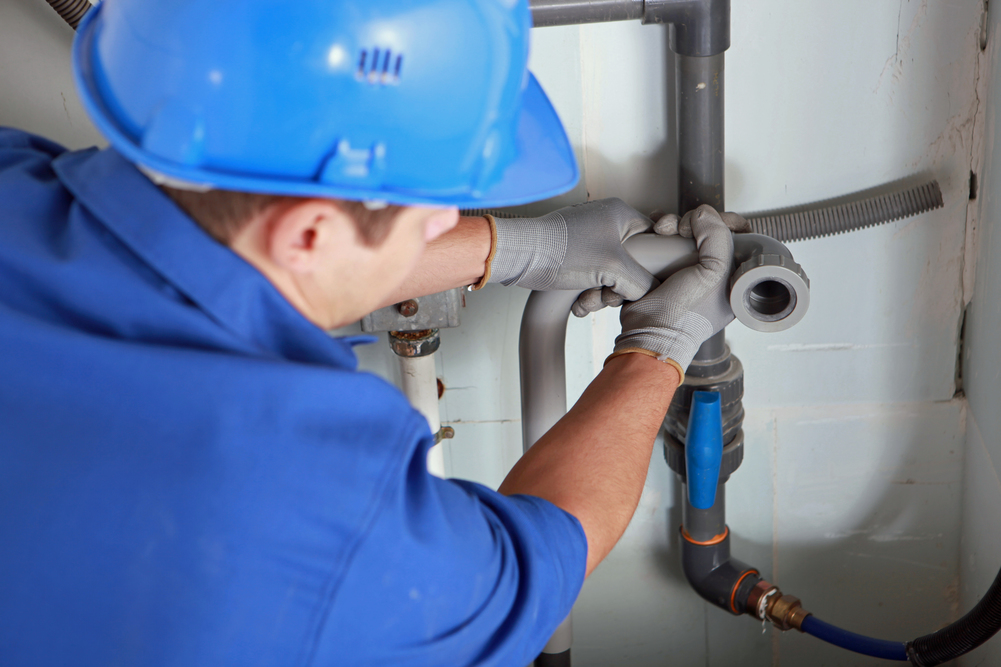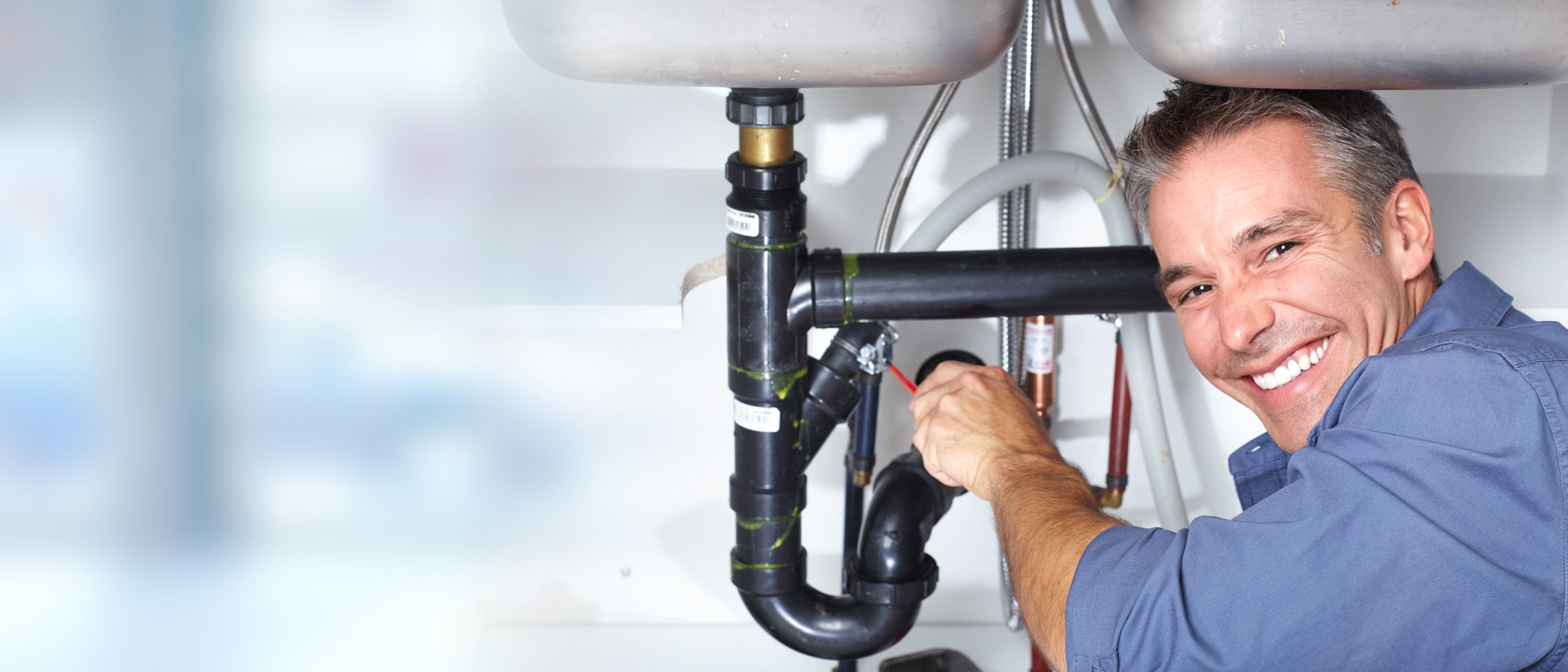Save The Plumbing Systems: Six Critical Errors You Should Stop
Save The Plumbing Systems: Six Critical Errors You Should Stop
Blog Article
Are you currently trying to find content on Don’t Let an Earthquake Damage Your Plumbing?

The trick to long lasting devices, unsurprisingly, is proper upkeep. There's no hard and fast regulation that can assure your plumbing devices a lengthy wear, yet you can prevent unneeded damages and also repairs by preventing poor plumbing practices.
You ought to stop doing these 6 things else you'll maintain calling your plumber over for minor faults.
Purging every little thing
Yes, your commode drain results in the sewers, yet that does not indicate you ought to dump simply anything down the tubes. Numerous 'flushable' materials are in fact excellent blockage beginners, for instance dental floss. Asides maintaining apparent non-flushable products like wires and plastics out of your toilet, you must additionally avoid flushing cotton buds, menstruation items, wipes, daipers and also condoms down the bathroom drainpipe.
DIYing every little thing
With plumbing, a stitch in time actually does save nine. You can avoid a fullblown plumbing emergency by calling your plumber at the right time.
You may have discovered a couple of plumbing hacks from your daddy, yet you should certainly recognize where to draw a line and also call a specialist. As an example, you might have the ability to take care of an obstruction on your own, however you shouldn't try to transform a pipeline. You might mismatch pipes or overtighten a screw, triggering more injury and damages than you believed. Calling a plumber is a risk-free and affordable decision.
Making use of excessive drain cleaner
Making use of a drain cleaner greater than once or twice a month is a sign that something severe is going on within your pipelines. Now, as opposed to facing the main problem, you go with a quick fix; a fizzy drainpipe cleaner. Rightfully, a drainpipe cleaner will care for the blockage, yet at what cost?
The chemicals in a drainpipe cleaner can accelerate the deterioration of your pipes. Include that to whatever underlying trouble is causing the blockage and also you may need to a serious issue on your hands.
If you experience way too many clogs, call your emergency plumber rather than utilizing a drainpipe cleaner.
Putting grease in the sink
We know appropriately getting rid of grease after a hearty meal is a discomfort. However merely putting it away can do lasting injury to your pipelines. "The fat and also oil can obstruct your drainpipe severely adequate to compel you to call a plumber," clarifies Dawson. "Plumbing functions best when it's well taken care of-- not abused with grease."
Not transforming your dish washer pipes
One simple method to ensure that you utilize your dish washer for many years is to replace the tube a minimum of once in 5 years. This likewise makes an application for cleaning maker hoses.
With time, food bits, soap and also grease can create clogs within your pipelines. Replacing them promptly will protect against any presure accumulate that can damage the interior operations of your dishwasher or washing equipment.
A reinforced steel intertwined tube does a fantastic task of lengthening your equipment's use time.
No winter season safety measures
Severe climate condition are bad for your pipes, especially if they're made from steel. You must protect your revealed pipelines, and also your water tank, even if you have a hot water heater. You must likewise switch off your garden hose valve and any other outside water channels. These channels are electrical outlets for cold; you pipes can start to freeze from outside if you do not.
How Hard Water Damages Your Plumbing and Appliances
Hard water is no stranger to most households across America. This silent invader affects 85% of homes in the United States every day, wreaking havoc on pipes, plumbing fixtures, and water-using appliances.
Should you become a victim of hard water, you must understand exactly what it is and how it affects your plumbing and appliances. This will help you determine the correct measures to put in place to fix or prevent any problems that may arise.
First off, what exactly is “hard” water?
In short, “hard water” is used to describe water that contains relatively high amounts of dissolved minerals, primarily calcium and magnesium, and a host of trace metals. When rainwater falls from the sky (usually in a pure form), it absorbs the hardness minerals from rocks and soil, which changes it from soft to hard water.
What about my plumbing and appliances?
Mineral deposits from hard water can cause buildup on tubs, shower, sinks, faucets. But that’s only a small scratch of the surface. Those minerals can gradually build up inside pipes, fixtures, water heaters, washing machines, and dishwashers. Once they accumulate in those areas, they can clog pipes and create major problems throughout your plumbing system, from reduced water flow to increased pressure on pipes and fixtures.
This limescale buildup might affect some appliances, causing them to operate less efficiently and wear down faster. And the result? Higher energy bills, more (costly) plumbing replacements and repairs, and damaged appliances.
Keep in mind that certain types of plumbing are more susceptible to clogging than others. Copper, PVC, and PEX pipes are more resistant to hard water buildup and corrosion, but they can still get clogged or completely blocked by scale deposits.
How do I know if my water is hard?
White limescale buildup on plumbing fixtures (or any of the other signs mentioned above) is usually a good sign that your water is hard. If you suspect that you have hard water, you can simply shake up a small amount of dish soap and water in a closed container. If the mixture doesn’t create a lot of suds, you probably have hard water.
The most precise method, however, is to test your water with a DIY test kit (sold online or at local home centers or hardware stores) or send a water sample from your tap to a local lab to be tested. Be sure that you understand the nature of the test, the water condition being measured, and the significance of the test results.
Another way to obtain an estimate of water hardness is to check your annual water quality report to see if your water provider has reported any instance(s) of water hardness in your water supply.
https://www.springwellwater.com/how-hard-water-damages-your-plumbing-and-appliances/

Do you enjoy reading up on Leak Detection and Repair Without Destroying Your Home? Place a review directly below. We'd be glad to see your suggestions about this blog post. Hoping to see you back again in the future. Are you aware of another individual who is inquisitive about Can Hard Water Ruin Your Appliances?? Please feel free to promote it. I recognize the value of reading our article about Ways to Make Your Pipes Last Longer.
Go Company Report this page